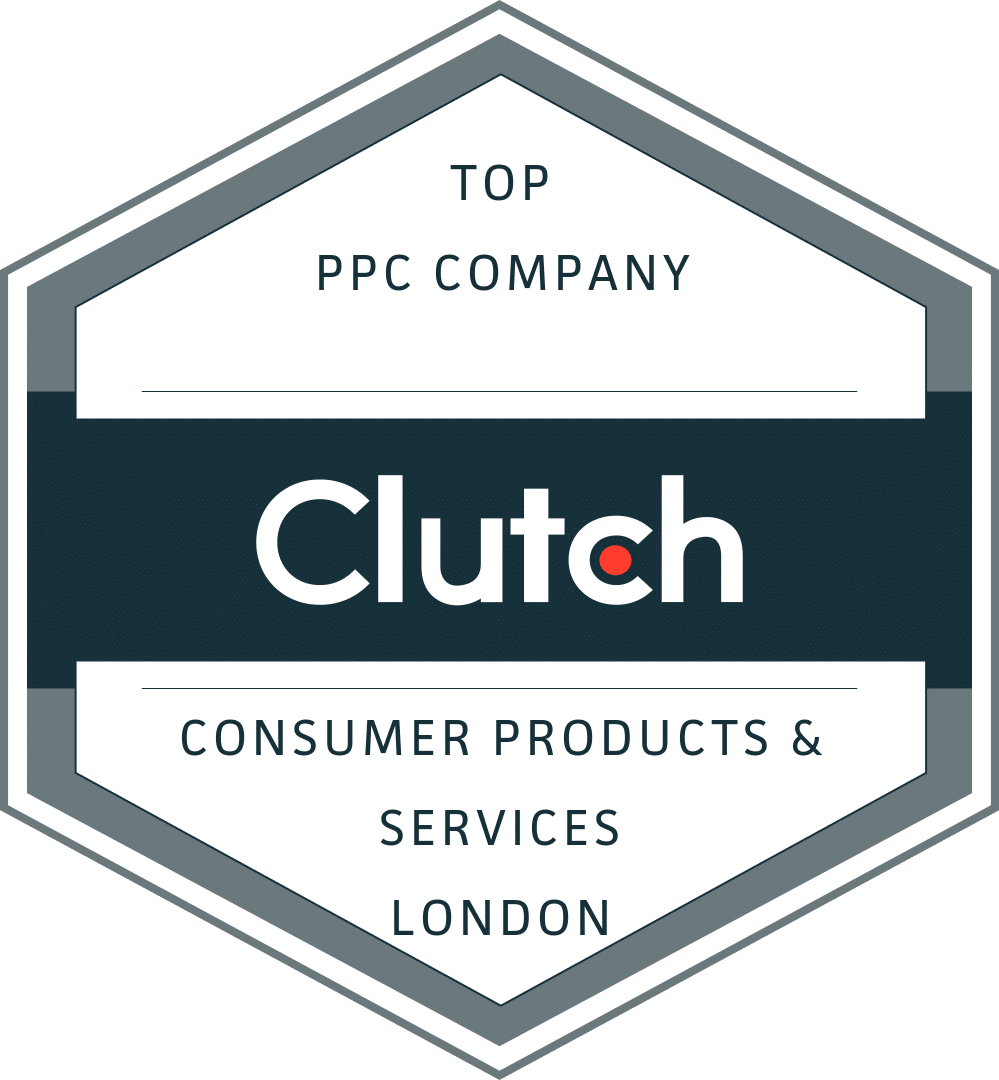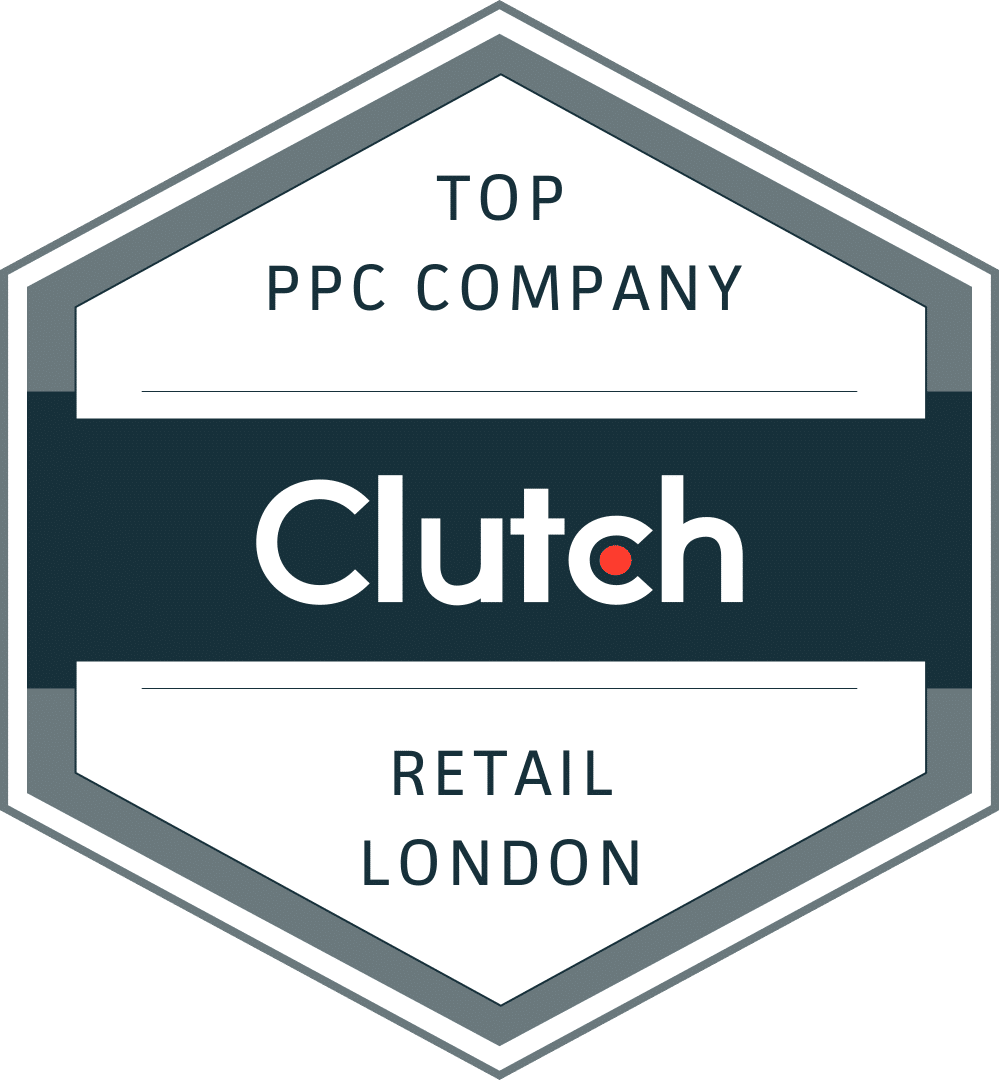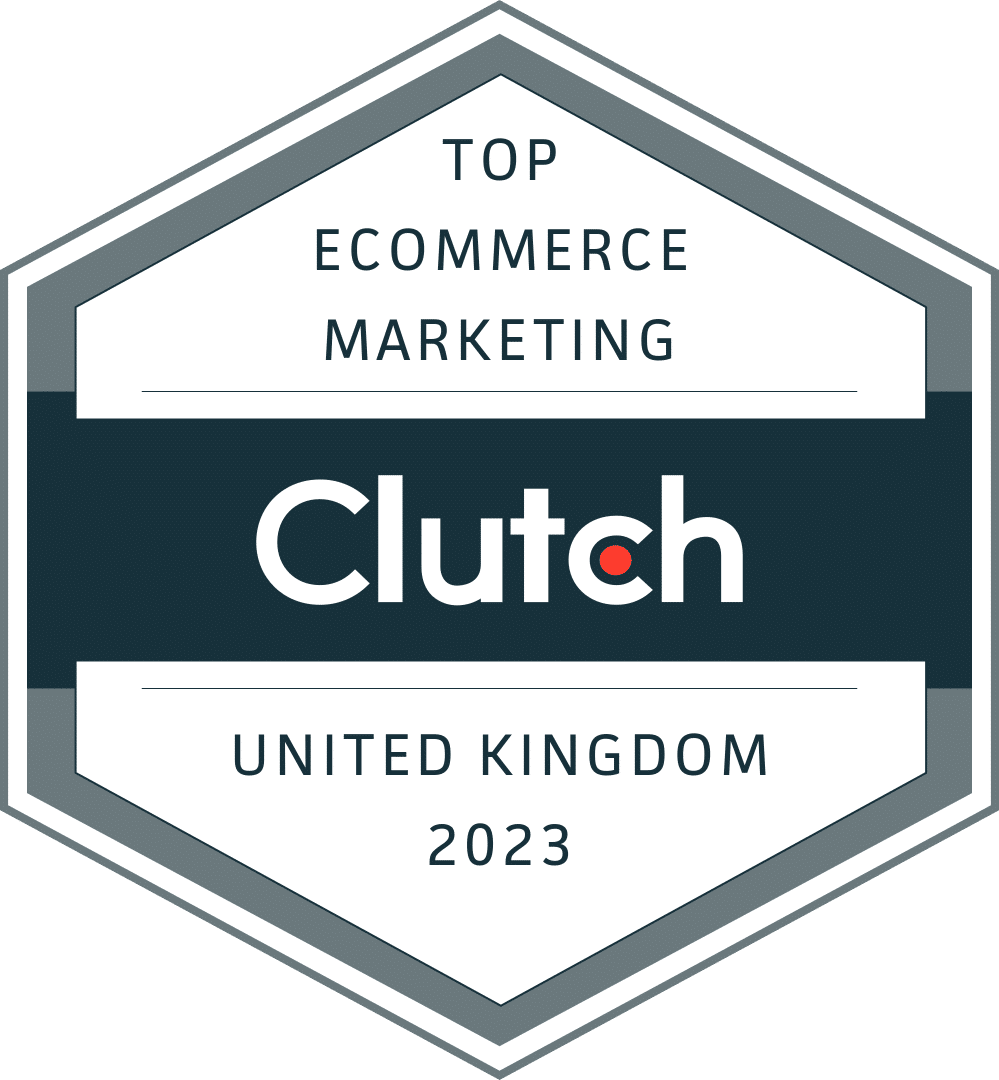Harnessing the Power of Facebook Ads for Ecommerce
To thrive in the competitive world of ecommerce, businesses must leverage the potential of Facebook Ads. This powerful advertising platform allows businesses to reach a vast audience of potential customers, driving sales and boosting brand visibility. In this section, we will explore the fundamentals of Facebook Ads for ecommerce, emphasizing the importance of Facebook Ads cost.
Introduction to Facebook Ads for Ecommerce
Facebook Ads for ecommerce have revolutionized the way businesses promote their products and connect with their target audience. With over 2.8 billion monthly active users, Facebook provides an unparalleled opportunity to reach a vast pool of potential customers. By creating compelling ad campaigns, ecommerce businesses can showcase their products, drive traffic to their websites, and generate sales.
Facebook Ads offer a range of targeting options, allowing businesses to reach specific demographics, interests, and behaviors. This precision targeting helps ensure that your ads are seen by individuals who are most likely to engage with your products and make a purchase. For more information on effective targeting strategies, check out our article on Facebook Ads targeting for ecommerce.
The Importance of Facebook Ads Cost
While the potential reach and targeting capabilities of Facebook Ads are impressive, it’s crucial for ecommerce businesses to carefully consider the cost associated with running these ads. Understanding and managing the cost of Facebook Ads is essential to achieving a profitable return on investment (ROI) for your ecommerce business.
The cost of Facebook Ads is influenced by several factors, including ad relevance, bid amount, audience size, and competition. By optimizing these factors, businesses can effectively control their ad costs while maximizing their reach and engagement. For more strategies on optimizing Facebook Ads for ecommerce success, take a look at our article on Facebook Ads strategy for ecommerce.
Tracking the performance and measuring the success of your Facebook Ads is crucial for understanding the ROI of your campaigns. By implementing conversion tracking and utilizing Facebook’s analytics tools, businesses can gain insights into the effectiveness of their ads and make data-driven decisions to optimize their ad spend. For more information on tracking conversions and analyzing ad performance, refer to our article on Facebook Ads analytics for ecommerce.
Navigating the world of Facebook Ads for ecommerce requires a deep understanding of the platform, its features, and best practices. By harnessing the power of Facebook Ads and managing your ad costs effectively, you can unlock the hidden gems of this advertising platform and drive ecommerce success. Stay tuned for the next sections, where we will delve into the nitty-gritty of Facebook Ads cost and strategies to optimize your ad spend.
Understanding Facebook Ads Cost
To effectively navigate the world of Facebook ads for ecommerce, it’s important to have a clear understanding of the factors affecting Facebook ads cost and the different pricing models available.
Factors Affecting Facebook Ads Cost
Several factors influence the cost of running Facebook ads for ecommerce. Understanding these factors can help you optimize your budget and achieve better results. Here are some key elements that impact Facebook ads cost:
- Target Audience: The size and competitiveness of your target audience can affect the cost of reaching them. Highly targeted audiences with specific interests or demographics may have higher costs due to increased competition.
- Ad Relevance: Facebook rewards ads that are relevant to their audience. Ads with high relevance scores tend to have lower costs and better performance. It’s crucial to create compelling ad content that resonates with your target audience.
- Bid Amount: The bid amount you set when running Facebook ads plays a significant role in determining their cost. Higher bids can increase your ad’s reach and visibility, but they may also lead to higher costs. Finding the right balance is key.
- Ad Quality: The quality of your ad, including its visual appeal and engagement potential, impacts its cost. Facebook favors high-quality ads that provide value to users and may offer lower costs for ads that perform well.
- Ad Placement: The placement of your ads on Facebook’s ad network can affect their cost. Ad placements in more popular and visible locations, such as the Facebook news feed, tend to have higher costs than placements in less prominent areas.
It’s important to note that Facebook ads cost can vary widely depending on these factors. By monitoring and optimizing these elements, you can achieve a balance between cost and performance.
Different Pricing Models for Facebook Ads
Facebook offers different pricing models for running ads on its platform. Understanding these models can help you choose the most suitable approach for your ecommerce business. Here are the main pricing models available:
- Cost per Click (CPC): With CPC, you pay for each click your ad receives. This model is useful when you want to drive traffic to your ecommerce website or specific landing pages.
- Cost per Thousand Impressions (CPM): CPM allows you to pay for every 1,000 ad impressions your ad receives. This model is suitable for increasing brand awareness and reaching a broad audience.
- Cost per Action (CPA): CPA enables you to pay when a specific action, such as a purchase or form submission, is completed as a result of your ad. This model is effective for measuring the direct impact of your ads on conversions.
- Cost per View (CPV): CPV is primarily used for video ads, where you pay for each view of your video content. This model is ideal for businesses focusing on video marketing and engagement.
When choosing a pricing model, consider your campaign objectives, budget, and the specific actions you want your audience to take. It’s also worth experimenting with different models to determine which one delivers the best results for your ecommerce business.
Understanding the factors that influence Facebook ads cost and the available pricing models is essential for creating an effective advertising strategy. By optimizing these factors and selecting the right pricing model, you can maximize the impact of your Facebook ads for ecommerce success.
Calculating Facebook Ads ROI
To determine the effectiveness of your Facebook ads and ensure that your advertising efforts are yielding a positive return on investment (ROI), it’s essential to track conversions and measure the success of your ads. This allows you to make data-driven decisions and optimize your ad campaigns for maximum impact.
Tracking Conversions and Attribution
Tracking conversions is a vital step in understanding the impact of your Facebook ads on your ecommerce business. By setting up conversion tracking, you can monitor the actions that users take after seeing or interacting with your ads. This could include making a purchase, signing up for a newsletter, or completing a form.
To track conversions, you can utilize the Facebook pixel, a piece of code that you place on your website. The Facebook pixel collects data about the actions users take on your site and allows you to attribute those actions to specific ad campaigns. By analyzing the data captured by the pixel, you can gain insights into the effectiveness of your ads and optimize your targeting and messaging accordingly. To learn more about setting up and using the Facebook pixel, refer to our article on Facebook Ads Pixel for Ecommerce.
Furthermore, understanding the customer journey and assigning attribution to each touchpoint is crucial for accurately assessing the impact of your Facebook ads. Facebook offers various attribution models to help you determine how credit is assigned to each interaction along the conversion path. These models include last-click attribution, first-click attribution, and even data-driven attribution. By choosing the right attribution model for your business, you can gain a better understanding of which ads and campaigns are driving the most valuable conversions.
Measuring the Success of Your Ads
Measuring the success of your Facebook ads goes beyond tracking conversions. It involves analyzing various metrics to assess the overall performance of your campaigns. Some key metrics to consider include:
- Click-through rate (CTR): This metric measures the percentage of people who click on your ad after seeing it. A high CTR indicates that your ad is compelling and resonating with your target audience.
- Conversion rate: The conversion rate represents the percentage of people who complete a desired action after clicking on your ad. It provides insights into the effectiveness of your landing page and the overall user experience.
- Return on ad spend (ROAS): ROAS calculates the revenue generated for every dollar spent on advertising. It helps you understand the profitability of your campaigns and make informed decisions regarding budget allocation.
- Cost per conversion (CPC): This metric indicates the average cost of acquiring a conversion. By monitoring CPC, you can optimize your ad campaigns to achieve a lower cost per conversion and maximize your ROI.
- Return on investment (ROI): ROI measures the profitability of your Facebook ad campaigns by comparing the revenue generated to the amount spent on advertising. A positive ROI indicates that your ads are generating revenue that surpasses the cost of running the campaigns.
By regularly monitoring these metrics and comparing them against your goals, you can identify areas for improvement and make data-driven optimizations to your Facebook ad campaigns. Facebook Ads Manager provides a wealth of information and insights to help you analyze and evaluate the performance of your ads. To learn more about using Facebook Ads Manager, refer to our article on Facebook Ads Manager for Ecommerce.
Calculating the ROI of your Facebook ads for ecommerce is essential to ensure that your advertising efforts are generating a positive impact on your business. By tracking conversions, analyzing metrics, and leveraging the available tools and resources, you can optimize your ad campaigns and drive ecommerce success.
Strategies to Optimize Facebook Ads Cost for Ecommerce Success
To maximize the effectiveness of your Facebook ads and achieve ecommerce success, it’s crucial to optimize your audience targeting and segmentation, carefully consider ad placement and formats, and create compelling ad creative and copywriting. These strategies can help you reach the right audience, increase engagement, and ultimately drive conversions.
Audience Targeting and Segmentation
One of the key advantages of advertising on Facebook is its robust targeting capabilities. To optimize your Facebook ads cost and improve your ROI, it’s important to define and refine your target audience. Start by analyzing your existing customer base and using their demographics, interests, and behaviors as a starting point for your targeting. Facebook provides a range of targeting options, including location, age, gender, interests, and more. Utilize the various targeting options available to create custom audiences and lookalike audiences that closely resemble your ideal customer base. For more information on Facebook ads targeting, check out our article on Facebook ads targeting for ecommerce.
Ad Placement and Formats
Strategic ad placement is crucial for optimizing your Facebook ads cost. Facebook offers a variety of ad placements, including the news feed, right column, Instagram, and Audience Network. Experiment with different placements to determine which ones yield the best results for your ecommerce business. Consider the nature of your product or service and the preferences of your target audience when selecting ad placements. Additionally, explore different ad formats such as carousel ads, video ads, and image ads to capture your audience’s attention and convey your brand message effectively. For more information on ad placements, check out our article on Facebook ads placements for ecommerce.
Ad Creative and Copywriting
Compelling ad creative and persuasive copywriting are essential for capturing your audience’s attention and driving conversions. Create visually appealing ads that align with your brand identity and resonate with your target audience. Use high-quality images or videos that showcase your products or services in an engaging way. Craft compelling and concise ad copy that highlights the unique selling points of your offerings and encourages action. Emphasize the benefits and value that your products or services provide to potential customers. For more tips on creating effective ad creative and copywriting, check out our article on Facebook ads creative for ecommerce.
By implementing these strategies, you can optimize your Facebook ads cost and increase the likelihood of ecommerce success. Remember to continuously monitor and analyze your ad performance, making data-driven adjustments as needed. Facebook provides a range of tools and resources, such as Facebook Ads Manager, third-party analytics and optimization tools, and Facebook’s ad policies, to help you manage and optimize your ads effectively. Stay informed and up-to-date with the latest trends and best practices to stay ahead of the competition and achieve your ecommerce goals.
Tools and Resources for Managing Facebook Ads Cost
To effectively manage your Facebook Ads cost and optimize your ecommerce campaigns, there are several tools and resources available that can assist you in achieving your advertising goals. These tools can help you streamline your ad management process, analyze performance metrics, and stay up-to-date with Facebook’s ad policies. Let’s explore some of these valuable resources:
Facebook Ads Manager
Facebook Ads Manager is the central hub for creating, managing, and monitoring your Facebook ad campaigns. It provides a user-friendly interface that allows you to set up your ad account, create ad campaigns, define your target audience, set budgets, and monitor ad performance.
With Facebook Ads Manager, you can easily track key metrics such as impressions, clicks, conversions, and return on ad spend (ROAS). It also provides features for ad optimization, including split testing, ad scheduling, and ad delivery optimization. By using the data and insights provided by Facebook Ads Manager, you can make informed decisions to optimize your ad campaigns and maximize your ROI.
Third-Party Analytics and Optimization Tools
In addition to Facebook Ads Manager, there are various third-party analytics and optimization tools available that can further enhance your ability to manage Facebook Ads cost. These tools offer advanced analytics, automation, and optimization features that can help you fine-tune your targeting, optimize your ad creative, and maximize your ad performance.
Some popular third-party tools include Google Analytics, which provides in-depth data analysis and conversion tracking, and AdEspresso, which offers advanced ad optimization and A/B testing capabilities. These tools can provide valuable insights into your campaign performance and help you make data-driven decisions to improve your Facebook Ads cost efficiency.
Staying Updated with Facebook’s Ad Policies
To ensure compliance and maximize the effectiveness of your Facebook ad campaigns, it’s crucial to stay updated with Facebook’s ad policies and guidelines. Facebook regularly updates its policies to maintain a safe and positive advertising environment for users. Familiarizing yourself with these policies will help you avoid potential ad disapprovals or account restrictions.
Facebook’s Advertising Policies cover various aspects, including ad content, targeting options, prohibited content, and more. By regularly reviewing these policies and staying informed about any updates, you can ensure that your ads comply with Facebook’s guidelines and avoid any unnecessary complications.
By utilizing tools such as Facebook Ads Manager, third-party analytics and optimization tools, and staying updated with Facebook’s ad policies, you can effectively manage your Facebook Ads cost for ecommerce success. These resources provide valuable insights, automation, and optimization features that can help you optimize your ad campaigns, reach your target audience, and drive conversions.






